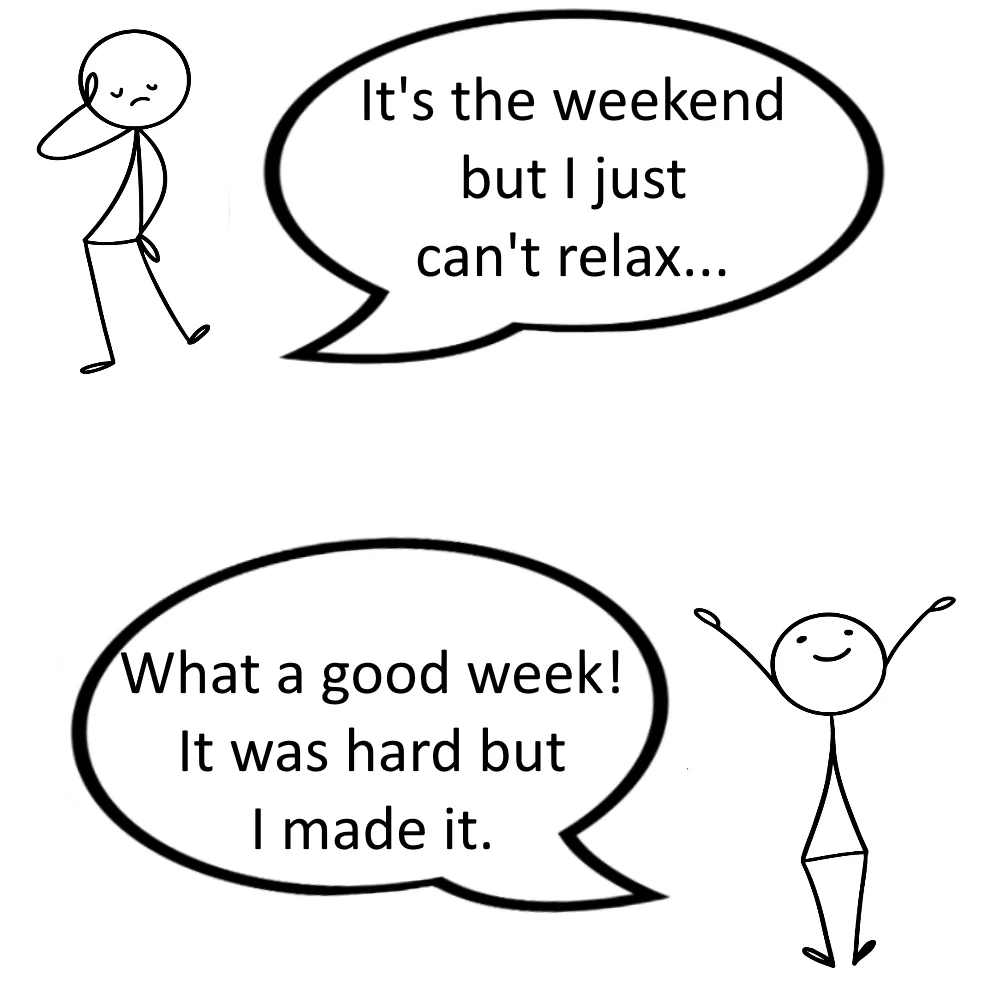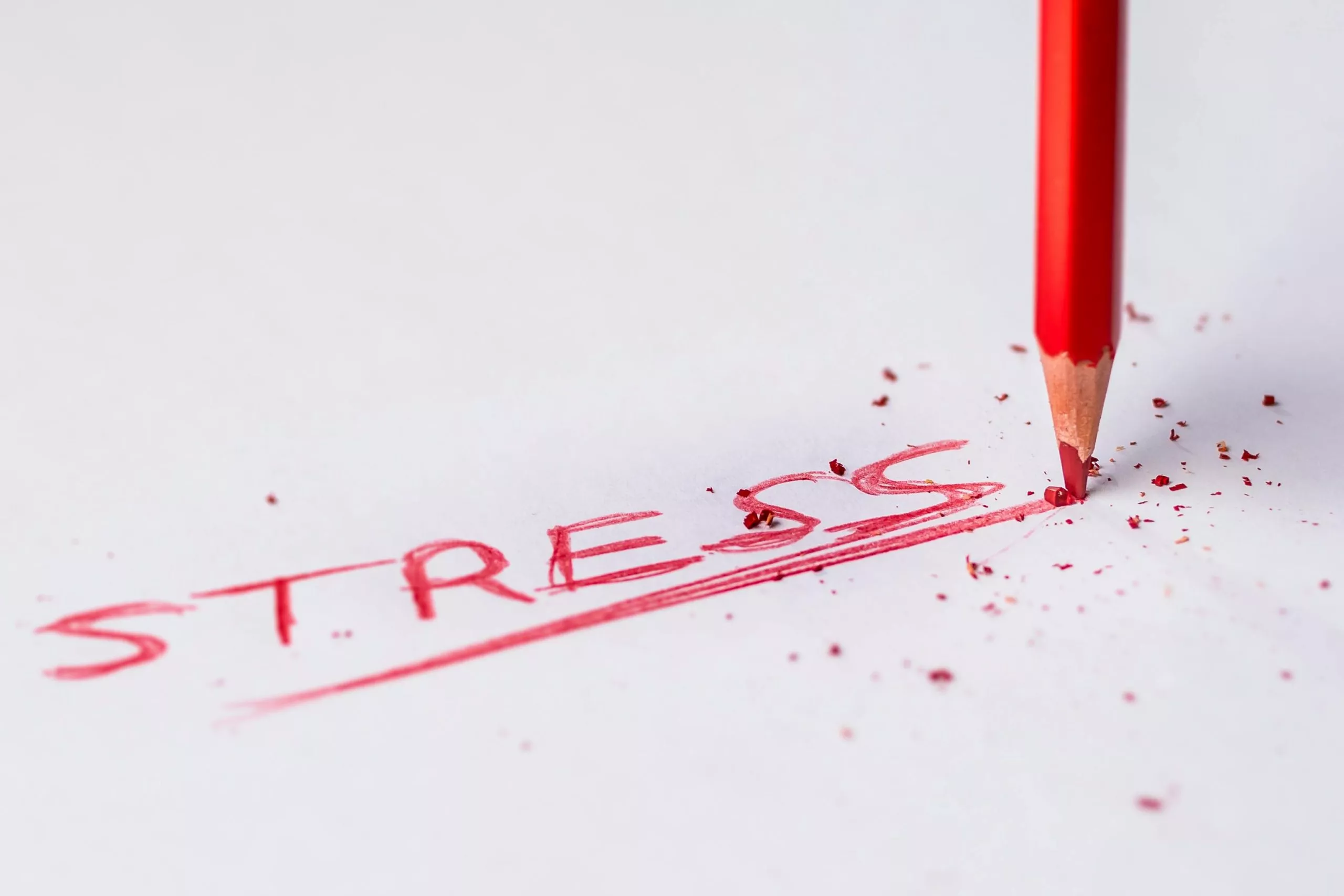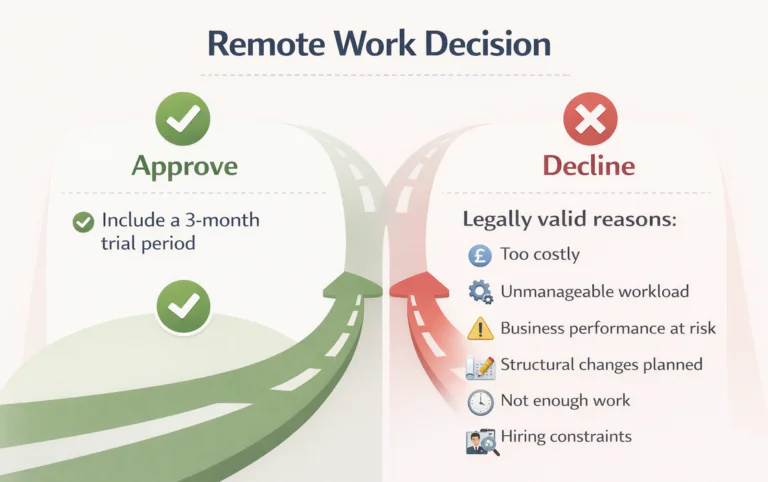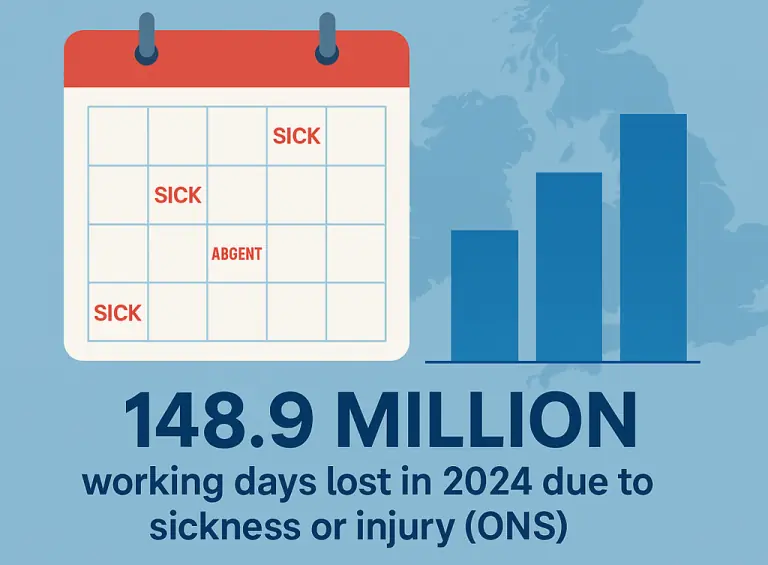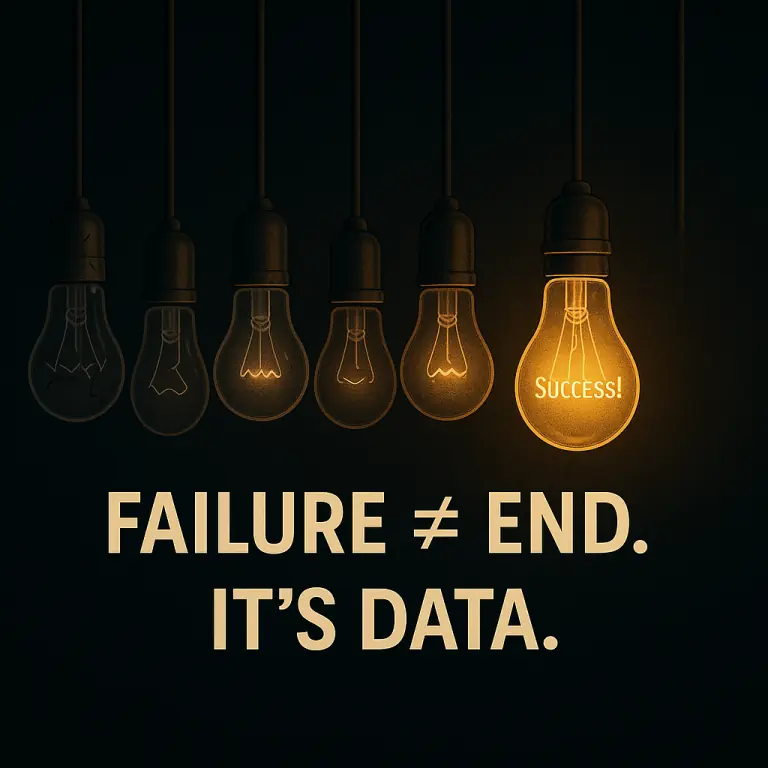
The Link Between Stress & Resilience
Contents
We’ve all had crazy weeks at work.
The key question is what happens at the weekend.
Do you look back, tired but satisfied (impressed even?) with what you’ve achieved.
Or do you look back and just feel exhausted?
This is the difference between good stress, and bad stress.
Stress management is a key part of our Line Manager training courses, helping people gain tools to deal with stress.
What Is Stress?
Stress is as a state of physical or emotional tension, usually in reaction to an impending challenge or threat.
It is the activation of the body’s fight or flight mechanism.
In the past, this was a response to a physical threat.
But nowadays, stress is in response to perceived threats or challenges.
A perceived threat can be anything from a dispute with a colleague to worrying about future uncertainties.
However, the key issue with stress is that the body can not differentiate between physical threats and psychological threats.
Its response to both is the same.
Stress increases your heart rate, breathing and blood pressure in preparation for either fighting or running away.
It then slows down your digestion and deactivates your immune system.
In the short-term, stress can be highly beneficial, the physical changes it brings about increase your focus and energy.
But issues will crop up quickly if you don’t manage your stress, you will burn out and feel worse than ever.
This will then affect your team, by making you seem less approachable, creating stress for your team!
However, the issues come when a system designed to be used occasionally for short-term threats is used continuously for longer-term threats.
How Is Resilience Linked To Stress?
Resilience is the ability to “power through” difficult situations and come out the other side.
Many people assume that resilient people don’t feel stress. This is not the case.
When researching our resilience statistics, we found productive employees still feel stress, but manage it better.
So resilience is a characteristic that people show in the face of chronic stress. It allows them to manage their stress.
An example of this would be that many highly resilient people actually exercise more regularly when they are very busy at work.
They know that exercise is a powerful way to manage stress.
When they get stressed, they know that they need to make time for exercise to manage their stress.
Someone less resilient might skip exercising, sleep poorly as a result and find that their performance was dipping and so stress increasing.
This always bleeds down into your team, helping them manage their own stress and leaving you as a calm, approachable manager.
How Do Resilient People Counter Stress?
Everyone is different, so you must figure out what works best for you!
Start by trying a few of our recommended techniques.
- Exercising
- Getting enough sleep
- Mindfulness
- A good diet
- Hobbies and sport
- Time with friends and family
- Positive thinking
Implement these as soon as possible, and give them a real try to see how they work for you.
Conclusion
If stress is the pain, then resilience is the antidote.
Resilience means being able to manage your response to stressful situations.
This means that you don’t get overwhelmed but manage to handle them.
Different people will manage their stress in different ways, but all resilient people will have strategies that they use to help them through difficult times.
Picture Credits: Pinterest
- Facebook: https://www.facebook.com/profile.php?id=100066814899655
- X (Twitter): https://twitter.com/AcuityTraining
- LinkedIn: https://www.linkedin.com/company/acuity-training/
